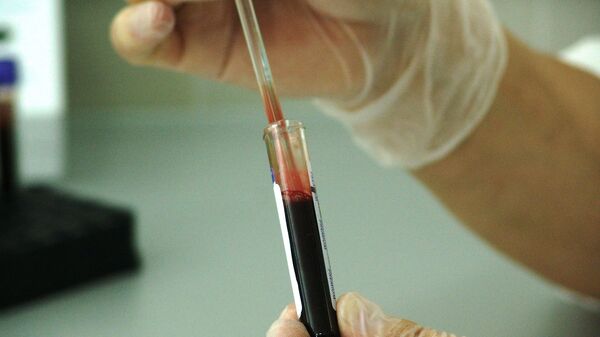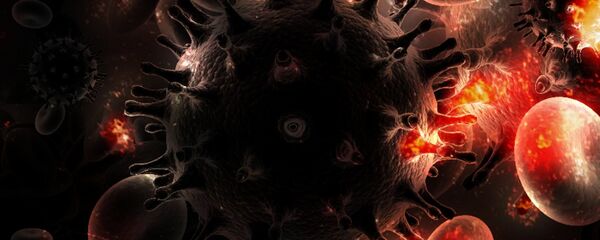According to lead author Victor Velculescu of Johns Hopkins University, there were also no false positives. He told MedPage Today, "Almost all of the studies have involved patients with late-stage cancer or used information from tumor specimens to go back and look in the blood of those patients."
Velculescu continued saying, "This is one of the first studies to use an unbiased approach — you don't know where the mutations are going to be — and to look at the blood of early-stage cancer patients to see whether we could detect alterations."
Patients were tested using a sample and analysis method called a liquid biopsy; then, to find tumor DNA, Velculescu and his colleagues developed the “targeted error correction sequencing” (TEC-seq) approach, according to ZME Science.
The scientists examined 58 genes related to cancer, and searched for traces of tumors by sequencing the DNA over 30,000 times.
"The challenge was to develop a blood test that could predict the probable presence of cancer without knowing the genetic mutations present in a person’s tumor," Velculescu said.
Many forms of cancer are highly treatable if caught early enough, but by the time symptoms manifest the disease may have had time to develop. A test that could detect cancer before a person shows symptom could be very beneficial particularly with ovarian, lung, breast and colon cancers.
Pieces of DNA can be left floating in the blood after a tumor grows and decays, and in some cases those remnants can be traced.
"The surprising result is that we can find a high fraction of early-stage patients having alterations in their blood," Velculescu explains.
Out of 194 total patients in the blind tests, 138 of which had stage I or II diseases, the study team successfully detected 67 percent of breast cancer patients with stage I disease, 45 percent of lung cancer patients with stage I disease and 67 percent of ovarian cancer patients with stage I disease.
There no false positives on the 44 patients without the relevant ailments.
Dr. Wyndham Wilson of the National Cancer Institute said this important because "You don’t want to go screening people for hallmark [cancer] mutations unless you absolutely know that when you find it, that there is a tumor there and that it is a tumor that needs to be treated," according to NBC News.
Velculescu said, "It's actually very hard to find these mutations in the blood, especially when you don't know what the mutations are up front."
"There are a number of confounding errors that can come up. Besides sequencing and technical errors, you can get alterations that come from the germline and can also get mutations that come from blood cells. We developed a way in which you could distinguish tumor driver mutations from these other alterations that might be in the blood."
He noted that the safety and accuracy of the test can be determined by conducting tests on a larger scale.





